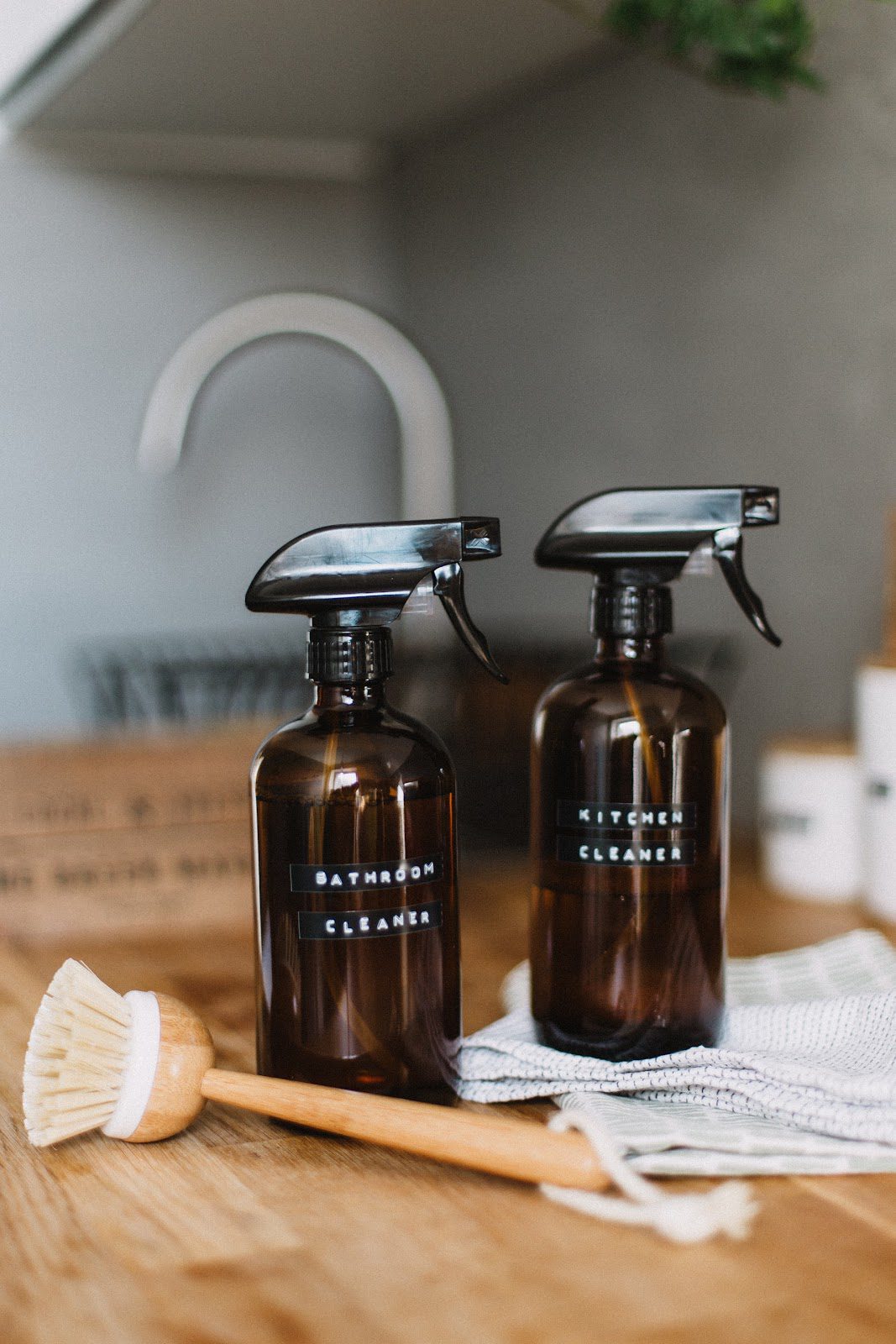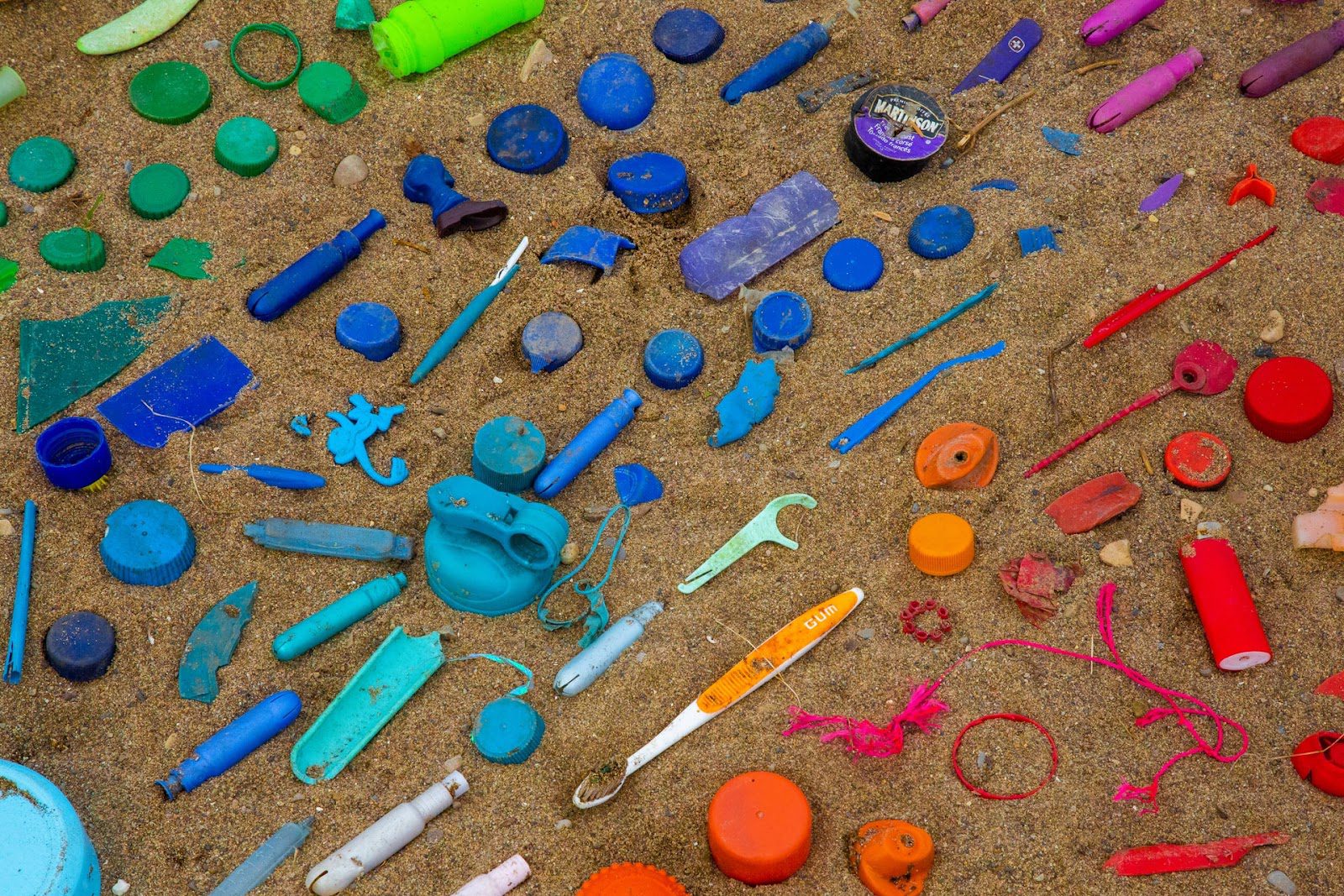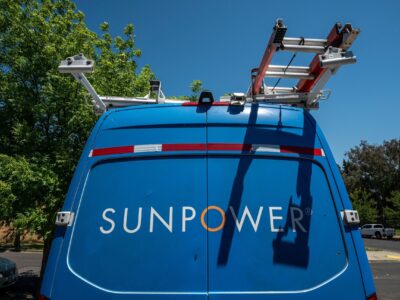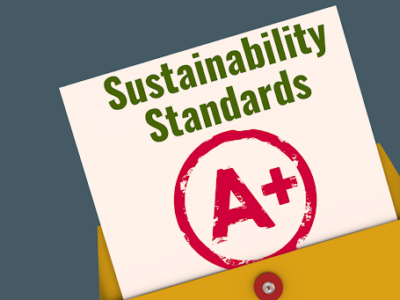Grove Collaborative Focuses On Eliminating Plastics From Their Packaging
They say cleanliness is next to godliness, and in 2020 keeping a tidy home is more important than ever. The online home essential retailer, Grove Collaborative, is cleaning up the planet with its innovative plastic-neutral initiative and its pledge to go plastic-free by 2025. Roughly 260 billion pounds of plastic waste is generated each year, with 24 billion pounds of it finding its way into the ocean. The EPA reports that only 8.4% of plastic is actually recycled, no matter what we put in our bins, and many people believe the infrastructure of packaged goods is going to have to change. “Plastic pollution is devastating to our oceans and wildlife and is severely problematic for human health. We believe that plastic isn’t sustainable — period,” Grove Collaborative boldly shares on their website. The problem with a lot of eco-conscious products, or carbon-neutral packaging, is the added cost. Most people just can’t afford to buy sustainably. Grove is on a mission to prove that sustainability doesn’t have to be expensive, and that’s why they’re helping solve the world’s plastic problem at no additional consumer cost.

Grove has followed through on its pledge to become the world’s first plastic neutral company. For every ounce of plastic they use in their packaging, they remove or divert the same amount from entering the world’s waterways and oceans and recycle it. Since the beginning of January 2020, they’ve removed over 3.7 million pounds of plastic from the ocean. Grove partners with Plastic Bank, an organization dedicated to building ethical plastic recycling ecosystems. That means they work in tandem with developing nations to pay a premium to collectors who independently gather the plastic from the world’s waterways. The plastic is then recycled into packaging for products like Grove’s. In this way, Grove and Plastic Bank work to create a closed-loop that eliminates waste, recycles plastic, and provides an income for under-resourced communities.

Going plastic neutral is only phase one of Grove’s plan. They’ve committed to completely phasing out plastics by 2025. You can even track their progress on eliminating plastic on their yearly plastic scorecard. While other companies claim to reach sustainability goals within the next half-decade, Grove’s tight time constraints mean the people in charge now will be the ones who make the change. As Stu Landesberg, Grove co-founder and CEO, told Forbes, “I don’t claim to even know exactly how it’s all going to work, but I’m committed to making it happen. The short time frame creates a sense of urgency.”
While they operate as a plastic neutral business, Landesberg and his team are working to eliminate plastic in their products. By focusing on manufacturing with materials that are more widely recycled like glass, paper, and aluminum, Grove plans to completely eliminate waste from their products. The design of their products is constructed to reduce excess materials, and when they don’t have a suitable solution to replace plastic, they think to look at outside technologies. “We’ll work with scientists to find alternatives where right now plastic is the only answer, like with our dishwasher tabs where humidity is a big concern,” Landesberg shared with Forbes. As a company with a promising future, there is no telling what sort of innovations they will make in the consumer packaged goods sector.

Grove Collaborative is a rapidly growing business. Since its inception in 2012 as ePantry and its rebranding in 2016 to Grove Collaborative, the company now supports over 1,000 employees and hosts 100 brands on their online retail site. In 2019 Grove reported a staggering triple-digit growth over the year prior, and by tapping into the market for responsible products, Landesberg sees even more potential expansion. All of Grove’s products are toxic-free, animal cruelty-free, and ethically sourced. By understanding that people want to buy from companies that are doing better but also want quality products that cost the same, Grove is positioning itself to take an even larger share of the e-commerce packaged goods market.
Going plastic-free is just one of the ways Grove works to make the world a better place. They plan to plant 1 million trees by 2022, and so far they’ve planted 265,000. Their line labeled ‘Seedling’ involves paper goods that are tree-free and made with alternative fabrics like bamboo. They achieved carbon neutrality on all shipments by offsetting the carbon emissions from transportation. All of their facilities are powered either by their own solar energy products or through the purchase of renewable energy credits. Mostly, what Grove hopes to do with its actions towards sustainability is to inspire more businesses to take similar actions. As Landesberg shared with Forbes, “ We’re working on doing this in a way that creates positive incentives to change. This is a revolution in our category, and we want everyone to know it applies to all of us.”





